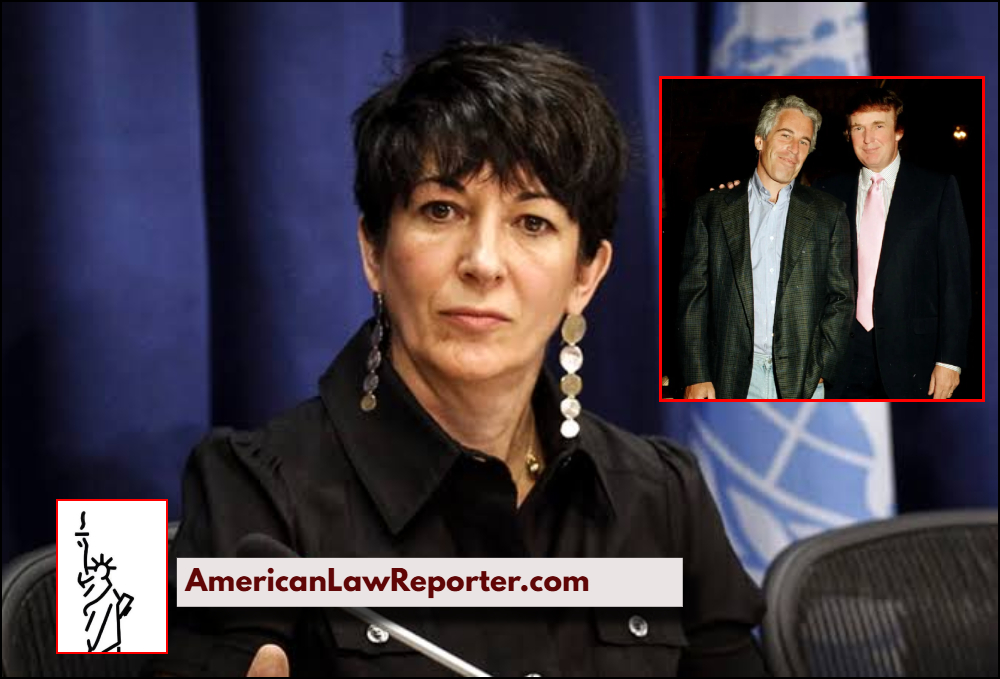In a sharply worded decision, U.S. District Judge Paul A. Engelmayer has refused to unseal grand jury transcripts tied to the sex trafficking indictment of Ghislaine Maxwell, accusing the Justice Department (DOJ) of attempting to create an “illusion” of transparency while offering nothing of real evidentiary value to the public.
The ruling, issued Monday, underscores the federal court’s long-standing position that grand jury materials are almost never disclosed, and that casual release of such records would undermine the secrecy integral to the process.
Engelmayer, after personally reviewing the requested materials, concluded that their public release would add “next to nothing new” to what was already revealed at Maxwell’s 2021 sex trafficking trial.
“The materials do not identify any person other than Epstein and Maxwell as having had sexual contact with a minor,” the judge wrote. “They do not reveal new means or methods of Epstein’s or Maxwell’s crimes, new locations, or new evidence about Epstein’s death.”
The DOJ argued that unsealing the files might shed fresh light on the crimes of Epstein and Maxwell. But Engelmayer called that claim “demonstrably false,” asserting that any informed observer would come away “disappointed and misled.” He went so far as to suggest the strongest case for disclosure would be to reveal the DOJ’s reasoning as “disingenuous” — that the motion was designed not for true transparency but to “divert” attention.
The transcripts in question stem from grand jury proceedings in 2020 and 2021, which prosecutors admit included testimony from only an FBI agent and an NYPD detective. Most of the information discussed behind closed doors, they noted, was later aired in open court or disclosed in civil litigation.
Victims’ attorney Brad Edwards, who represents nearly two dozen Epstein accusers, said the decision was consistent with most victims’ wishes to maintain privacy.
“The grand jury materials contain very little in the way of evidentiary value anyway,” Edwards noted.
Maxwell, currently serving time at a prison camp in Texas and appealing her conviction, opposed the unsealing. The decision does not affect thousands of other government-held pages in the Epstein matter that remain sealed, many of them to protect victims.
The DOJ’s request came amid renewed political and public interest in the Epstein saga, fueled by conspiracy theories surrounding Epstein’s 2019 death and speculation about a so-called “client list” — which prosecutors now say does not exist. Previous courts, including a federal judge in Florida, have similarly declined to release Epstein-related grand jury documents from earlier investigations.
This latest ruling signals yet another legal dead-end for those hoping the grand jury transcripts will expose undisclosed connections or high-profile names in the Epstein-Maxwell network.

